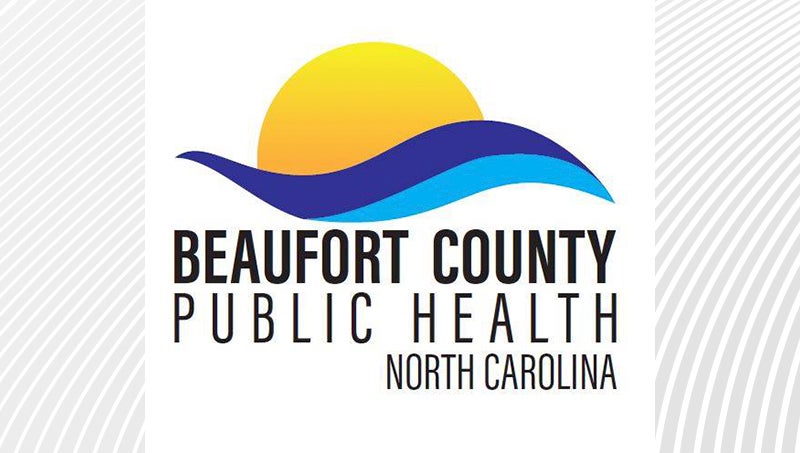Voters’ approval needed before quarter-cent levy imposed
Published 7:50 pm Friday, June 30, 2017
Cities and towns in North Carolina would be allowed to implement their own sales taxes to raise money for infrastructure and economic-development projects under a bill proceeding through the North Carolina General Assembly.
House Bill 900, if it becomes law, would permit municipalities implement a quarter-cent sales tax, if voters agree to the tax by way of a ballot referendum. The municipal tax rate would be in addition to existing state and county sales taxes. Under existing state law, municipalities do not have the authority to levy their own sales taxes.
Republican Rep. Stephen Ross, from Burlington and the bill’s sponsor, said the sales-tax option for cities and towns is needed because a substantial number of cities and towns have seen property-tax revenues decrease in recent years. Some municipal officials see the sales-tax option as a way to replace revenue sources they’ve lost because of actions taken by the General Assembly in recent years.
One of those revenue sources — the business privilege licenses — was taken away by the General Assembly several years ago, costing the city at least $100,000 each fiscal year since then. The city took in about $123,000 in such revenue during the 2014 fiscal year, according to city officials.
Although the General Assembly promised to provide an alternate revenue source after it took away the city’s authority to generate revenue by issuing business privilege licenses, it has yet to do so.
“It’s a good bill,” said Washington City Council member William Pitt, who represents the city on the North Carolina League of Municipalities board. NCLM supports the bill.
“HB 900 would provide a needed revenue option and financial flexibility for cities and towns as they invest in infrastructure that is helping to drive economic growth and improve residents’ quality of life. It’s important to remind legislators that this is revenue that can help support specific projects like street improvements, downtown revitalization, multi-use facilities that help bring commerce to business corridors, and local parks that make towns attractive to residents,” according to a NCLM statement. “The flexibility created by the legislation also would reduce pressure on local property tax rates and encourage municipal investments that promote economic growth and job creation. Cities and towns thank Representatives Ross and (Jason) Saine for their leadership on this significant piece of public policy aiding cities and towns.”
City Manager Bobby Roberson, who is aware of the bill, said city officials have not formally discussed the bill, but he expects that discussion to take place after Pitt brings those officials, including City Council members, up to speed on the bill.
Matt Rauschenbach, the city’s chief financial officers, said his best estimate is the city would realize about $220,000 a year in revenue if it implements its own sales tax. A penny on the city’s property-tax rate generates about $83,000 in revenue for the city. If the city wanted to raise $220,000 by increasing its tax rate, that tax rate would increase by 2.6 cents per $100 valuation.
The challenge for local governments would be to get voters marking ballots in a referendum to approve a local sales tax, according to Roberson.
Some town officials in the county were not aware of the bill’s specific provisions. Belhaven Manager Woody Jarvis, when informed the bill’s new language removed occupancy tax and meal tax options for cities and town that do not have them, said the sales-tax option “would be a better solution.” As for the revenue generated by a local sales tax being used for infrastructure improvements and economic-development projects, Jarvis said, “Those are two things we sorely need.”
Attempts to contact other municipal officials in the county were unsuccessful.
Supporters of the bill contend it’s a fairer tax than increasing property taxes. Sales taxes are paid by a larger segment of the population — people who buy things. A property tax is imposed only on property owners, supporters point out.
The bill is with the House Rules Committee. If the House passes the bill, it goes to the state Senate. It’s not clear if the Senate will consider the proposal when it reconvenes in August.







